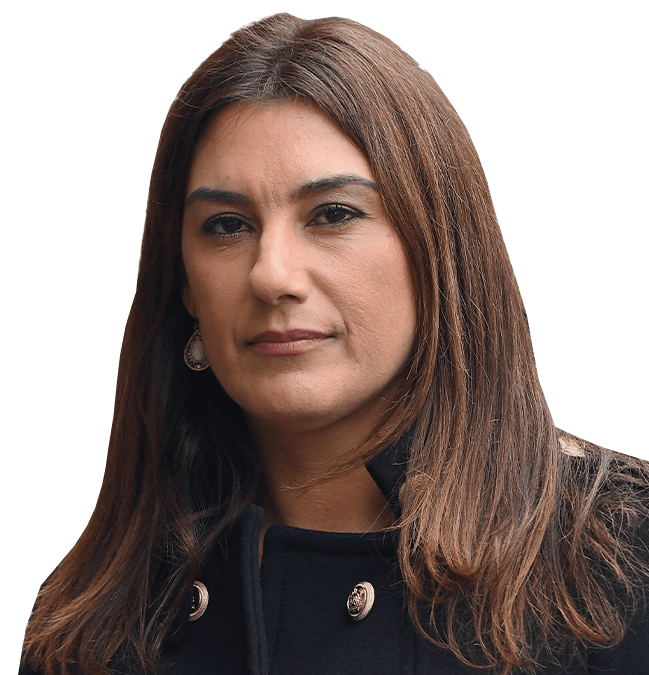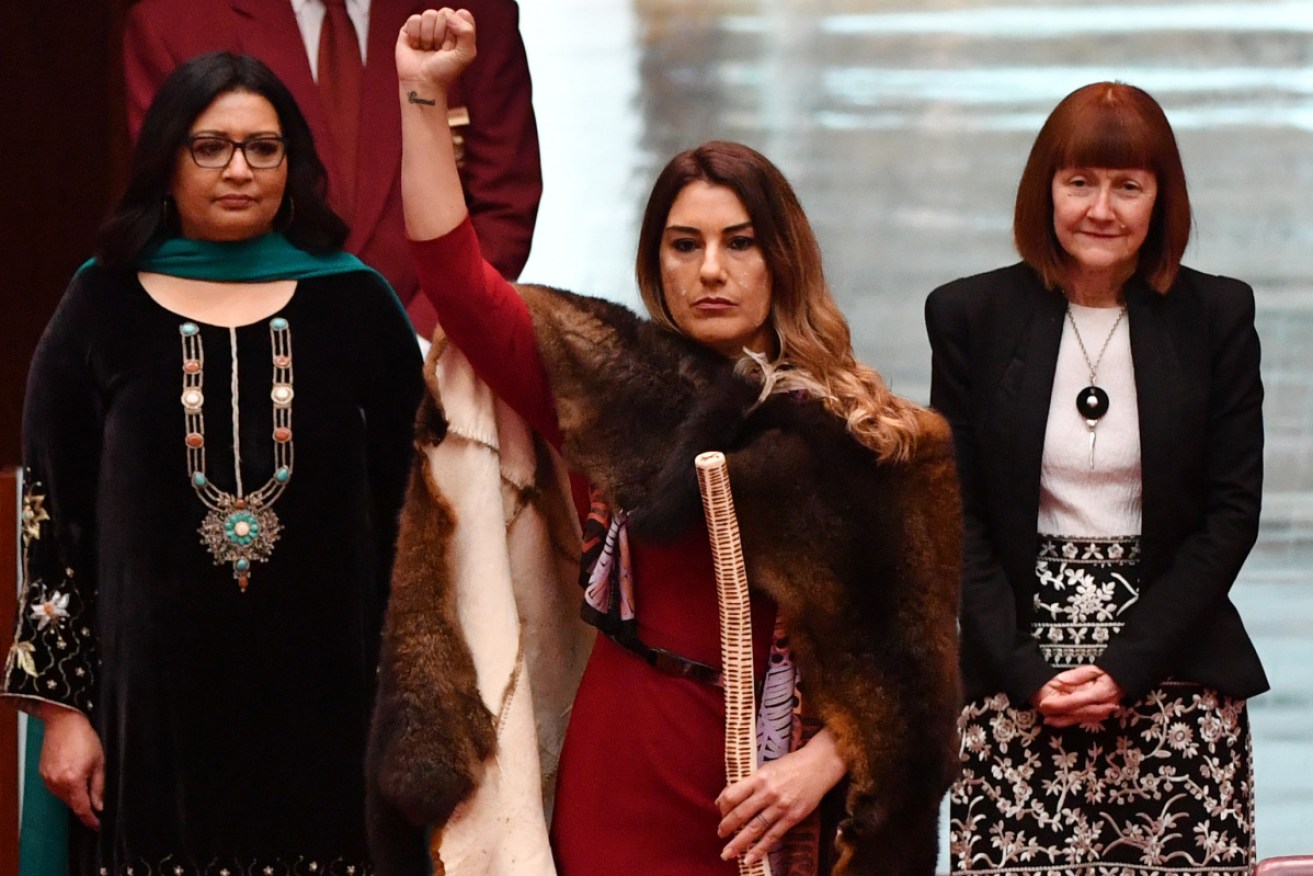NAIDOC Week comes from a day of protest


Lidia Thorpe made waves when whjen she was forced to retake her oath of office after calling the Queen "a coloniser". Photo: Getty Photo: Getty
For all Australians, Anzac Day carries broad significance, and in some ways, contradiction.
It is a day of mourning, to remember the sacrifice men and women made to protect our freedom, our diversity, culture and our way of life.
But it’s also a day to celebrate and take pride in who we are as a nation.
For the First Nations people of this country, NAIDOC Week is also a time of celebration and mourning for us as Aboriginal people.
It’s a time for us to come together with our families and communities and celebrate our culture and our survival, and to pause and acknowledge the devastating impacts of 240 years of colonisation.
Many people, myself included, too often refer to Aboriginal culture as if it is homogenous.
NAIDOC Week celebrates the diversity of Aboriginal cultures. We are not one nation but First Nations, made up of hundreds of language groups, each with rich and diverse cultural practices, customs, politics and beliefs.
Many people in this country aren’t aware of the history behind this week and how it came to be.
Many Aboriginal people have historically boycotted the celebration of “Australia Day” on January 26, but during the 1920s a more active and organised movement emerged to fight for recognition and rights for Aboriginal people.
Then on January 26, 1938, Aboriginal and non-Aboriginal people marched through Sydney to protest against the celebration of the day that marks our invasion. The brave protest marked one of the first and largest civil rights gatherings in Australia’s history at that time.
Yorta Yorta elder William Cooper then wrote to the National Missionary Council of Australia to ask for assistance to make it an annual event, held on the Sunday before “Australia Day” until 1955.

Councils have considered changing the date of Australia Day in solidarity with Aboriginal and Torres Strait Islanders.
It was decided on our behalf that the day would become not only one of mourning, but a day of ‘celebration’ and was moved to July.
Over time the National Aborigines and Islander Day Observance Committee (NAIDOC) was born.
All Australians should celebrate and be proud of the culture, survival and achievements of the oldest living culture on Earth, and NAIDOC Week is our opportunity to do that.
By ‘living’ I mean that our culture continues to not only survive, but flourish and change over time.
But in order to do this we must recognise and come to terms with the impact that invasion, and the creation of the Australian nation has had on First Nations peoples.
We need to learn and understand the past 240 years of our history so we can move forward together as a more mature and self-confident nation.
It then becomes easier to comprehend why a national day of celebration on January 26, the day of our invasion, is hurtful, insensitive and offensive to Aboriginal people.
The answer is not to change the date, nor is it to mark this day with celebration or guilt, but rather reflect on our history as a nation, to come together, and become a better version of ourselves so we can move forward together.
We have a special day to mark our most famous horse race, and a grand final. We have a national day to recognise the Queen’s birthday.
But we don’t have a day to celebrate the oldest continuing living culture in the world, the First People of this country.

Lidia Thorpe addresses the crowd at a march for NAIDOC Week in 2018. Photo: Getty
‘Always Was Always Will Be’ is this year’s NAIDOC Week theme.
It’s about our sovereignty that was never ceded nor resolved through treaty, our human rights, and our survival, despite the violence committed against us in an attempt by the colonisers to wipe us out.
We are survivors of attempted genocide.
If you stand with us and believe in the theme ‘Always Was, Always Will Be’, then you need to also take the call to action that grassroots Aboriginal voices have been calling for – we need a nationally recognised day of mourning, reflection and recognition.
That day needs to remain on January 26 to continue the legacy of our old people who marched and fought for our rights, and to transition our national consciousness towards truth telling and maturing together as a nation.
Now is the time that this nation can unite, and that’s the opportunity that I bring to the Parliament, which has not been presented before.

Lidia Thorpe at a dawn event on January 26 this year. Photo: Getty
I am a Blak grassroots Senator and I am using my voice in Parliament to make a difference.
The voice I take to Parliament is represented by a message I carry from my ancestors. I have a responsibility to continue their legacy in the fight for justice, but also the fight for our place in this country.
Together we can all make a difference, and we can change this nation for the better.
We can listen to and draw wisdom from the experiences of grassroots Aboriginal people around the country, to learn the truth, heal and move forward together.
Lidia Thorpe is a Gunnai-Gunditjmara woman and Greens senator. She was the first Aboriginal woman elected to Victorian Parliament and the first Aboriginal Victorian senator.
NAIDOC Week runs from November 8 to 15.








